While electricity and gas costs have been rising for some time, over the past couple of years large energy users have grappled with significant cost risks in the face of market volatility. Working with some of Australia’s largest energy users, Energetics has seen very different responses as businesses go to market to renew energy contracts. One thing is clear is that there are some significant lessons to be learned - and they are worth applying into the future as market volatility is likely to persist.
In this article Energetics’ energy accountants share their observations and argue the case for a well-considered, overarching strategy to addressing energy cost challenges and contracting supply.

Reviewing energy management systems
To lift visibility and act on energy wastage, investigating new systems and controls has clear merit. However, the investment can be large and therefore planning is needed.
The roll-out of metering and reporting solutions should be staged to ensure that only market meters and major energy-consuming equipment are captured in the initial phase, limiting the set up costs and complexity. Valuable insights can be gained through this approach, allowing major energy variations to be identified and rectified. Furthermore, as savings are accrued through the initial stage of a metering program, additional meters can be funded from the cost savings.
Reporting platforms tend to suffer, in our experience, from under-use. It’s not unusual to come across energy managers and their teams using few of the system’s features, despite the fact that the business was sold the platform on the basis of additional capabilities.
Energetics sees the greatest value derived when metering and reporting solutions are implemented in a considered fashion, ensuring that all incremental investment into the solution has the ability to provide value.
Seek expert and impartial advice
In a high cost, volatile energy market, it is critical that retailers compete to supply which in turn ensures that the best terms and conditions are negotiated.
Independence is critical when seeking advice. Specialised energy accountants offer a whole of business view focusing on the benefits to clients alone. Just as your financial accountant looks to legally minimise your tax obligations to the government, an energy accountant tailors the best advice to establish the best contracting strategy, time to market, contract terms and retailer(s) to minimise your corporate energy spend.
Timing your approach to the market is critical
Timing your approach to market for retail energy services at a time of volatile markets, requires an understanding of trends driving prices each day, a view about possible future market changes as well as early negotiations with retailers to see if any competitive tension can be created. A late approach may not only result in a price that is not best in market, but terms and conditions that are not as well considered and negotiated as they could be. Shortlisting retailers based on initial offers, negotiating special conditions to meet your specific needs during the contract term, and then requesting new prices from shortlisted retailers at the most opportune time (if needed with re-pricing requests) has demonstrated superior outcomes both commercially and financially.
A competitive advantage can be achieved when your approach to market is well-planned, often years in advance. Energy markets are not like flight or accommodation bookings where waiting to the last minute can provide substantial savings. To the contrary, waiting for the last minute to secure a retail contract can result in expensive agreements, with little or no flexibility for extracting favourable contract terms to further minimise your energy spend.
The need to take a well-planned approach to energy contracting is further enhanced by contracting strategy options such as block or load following progressive procurement (where parcels of load or energy are purchased at strategic points in the year when energy prices are relatively more favourable) that require clear planning, a risk management framework, clear delegations of authority for contract sign-off and vigilant monitoring of market conditions to maximise benefit.
Key skills and experience for risk-managed energy accounting
Energetics’ experience spans different sectors and organisations of varying size and complexity. However there are energy accounting capabilities common to all large energy users.
Energetics has put together the following list of key features for organisations seeking the support of an energy accounting service:
- Established relationships with major energy retailers, familiarity with managing tenders and negotiating contractual terms and conditions
- Development of accurate ‘bottom-up’ energy budgets incorporating seasonality and historical energy consumption trends
- Understanding of tariffs and metering and where savings can be identified
- Processes that stand up to annual review by external auditors
- Monitoring of energy performance indicators available within most platforms, and real-time energy management that identifies poorly performing sites
- Ability to support maintenance practices, identify cost reduction opportunities such as demand response activities, or revenue generation with government funding submissions (white certificate schemes). Overall, energy accountants should support improved decision making around energy with insights from energy data
- Engagement skills to work with stakeholders to address and further improve operational performance and lower costs with targeted energy efficiency measures
- Provision of data to support measurement and verification of the performance of investments in energy efficiency or renewables
- For reporting purposes your data should be accurate, auditable and granular enough to provide insights that can support energy efficiency measures and realisation of other cost savings opportunities such as load shedding and other forms of demand response.
We are in a period of highly volatile prices, increasingly complex contracting and significant technology disruption. While Australia’s energy markets are in transition, large energy users need rigorous energy management practices supported by dedicated energy accountants. Your ability to manage cost risks may in fact turn into a competitive advantage within domestic markets and also lead to activities that help to drive new efficiencies and cleaner sources of energy which mitigates future climate-related risks in an increasingly carbon-constrained world.






